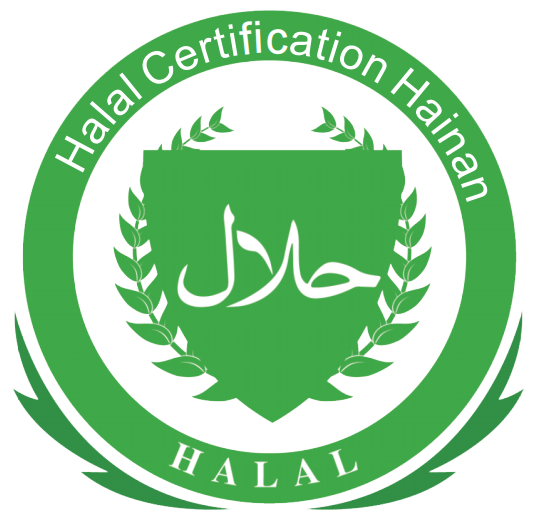Tell :+8615378022755
Malaysia, the world's leading halal food center
来源:哈腊认证服务(海南)有限公司 阅读:578次 发表时间:2024-04-01 10:17:19
To further strengthen Malaysia's leadership position as a halal center, the Halal Industry Development Corporation (HDC) was established in 2006 with the aim of promoting the development of halal standards, enhancing brands, and promoting the development of related businesses and industries. In addition, the Malaysian government is implementing the "Halal Industry Master Plan (2008-2020)" with the aim of making some Halal related industries in Malaysia a global leader in innovation, production, and trade. These industries include specialized processed food, cosmetics and personal care products, pharmaceuticals, ingredients and livestock, as well as logistics, tourism, and healthcare services.
Both local and foreign companies in Malaysia and abroad can apply for JAKIM Halal certification. The halal certification fee will be charged based on the processing of documents and on-site inspections. If the processing plant of a food and beverage company is located outside Malaysia, the company is responsible for paying additional expenses for auditors, such as airfare, accommodation, and tourist visas.
The Halal Industrial Park is one of the important infrastructure projects promoting the development of Malaysia's halal industry. The purpose of establishing a halal industrial park is to build a halal industrial zone for halal related industries, in order to enhance competitive advantages. Halal companies within the industrial park can share certain facilities, such as storage facilities, refrigerated chain warehouses, and service support, or jointly develop supply chains within the park to create synergies. In addition to local food processing companies in Malaysia, multiple multinational corporations have also established food manufacturing plants in Malaysia to sell their halal products to the Malaysian and ASEAN markets.
Many Malaysian and foreign food manufacturing companies have factories located in Malaysia, producing halal food for domestic and overseas markets. According to JAKIM's data, in 2015, 77% of all major halal certified products were food products and 23% were non edible products.
Both local and foreign companies in Malaysia and abroad can apply for JAKIM Halal certification. The halal certification fee will be charged based on the processing of documents and on-site inspections. If the processing plant of a food and beverage company is located outside Malaysia, the company is responsible for paying additional expenses for auditors, such as airfare, accommodation, and tourist visas.
The Halal Industrial Park is one of the important infrastructure projects promoting the development of Malaysia's halal industry. The purpose of establishing a halal industrial park is to build a halal industrial zone for halal related industries, in order to enhance competitive advantages. Halal companies within the industrial park can share certain facilities, such as storage facilities, refrigerated chain warehouses, and service support, or jointly develop supply chains within the park to create synergies. In addition to local food processing companies in Malaysia, multiple multinational corporations have also established food manufacturing plants in Malaysia to sell their halal products to the Malaysian and ASEAN markets.
Many Malaysian and foreign food manufacturing companies have factories located in Malaysia, producing halal food for domestic and overseas markets. According to JAKIM's data, in 2015, 77% of all major halal certified products were food products and 23% were non edible products.
Previous article: The "the Belt and Road" Halal International Trade Summit Opens the Sino Malaysian Halal War
Next article: No more


